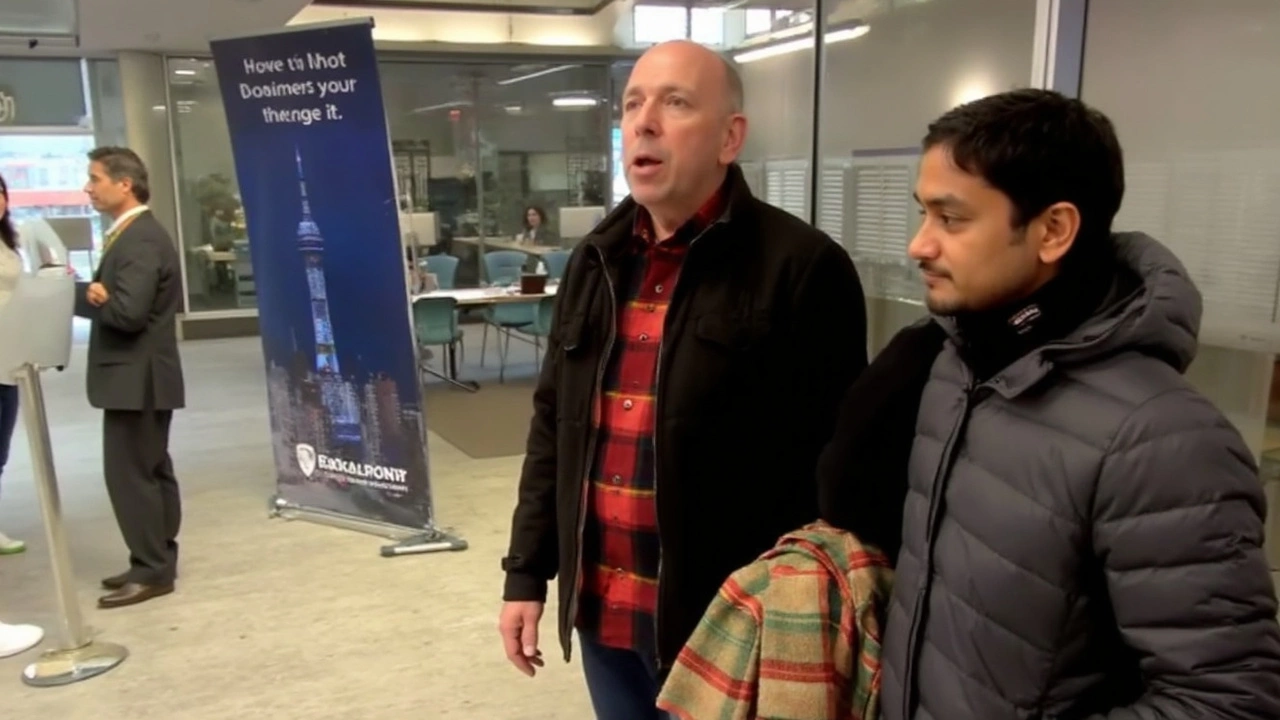Kshama Sawant, a well-known Indian-American politician who served as a former member of the Seattle City Council, has found herself at the center of a diplomatic controversy. She claims she was unjustly denied an emergency visa three times by the Indian Consulate in Seattle, preventing her from visiting her critically ill mother in India. In stark contrast, her husband, Calvin Priest, received his visa without any issues. Sawant believes this discrepancy stems from her vocal opposition to certain policies of the Indian government during her tenure as city council member.
Tensions Over Political Activism
Sawant has been an outspoken critic of India's Citizenship Amendment Act (CAA) and has consistently advocated against caste-based discrimination. She argues that her political stance has placed her on a so-called government "reject list." This blacklist, she alleges, is a tool used to silence dissenters, particularly those who challenge India's right-wing regime led by Prime Minister Narendra Modi.
On February 7, 2023, Sawant, along with members of her organization, Workers Strike Back, staged a demonstration at the Indian Consulate in Seattle. Aimed at questioning the reasons behind her visa denials, the protest turned tense. As the consulate staff accused Sawant and her group of unauthorized entry after hours and aggressive conduct, they called local authorities to manage the situation. However, Sawant alleged that the consulate staff took physical actions against her, including attempting to seize a phone that was documenting the event.
The Consequences of Consulate's Actions
The Indian Consulate defended their move to involve the local police, emphasizing their need to maintain order and uphold immigration protocols. They insisted that all visa applications, including Sawant's, undergo standard scrutiny without political bias.
This use of diplomatic means to address dissident voices highlights a broader issue. In recent times, there has been a growing concern about how political viewpoints can be interwoven with bureaucratic procedures, leading to potentially discriminatory practices.
Sawant's plight resonates with many who fear that political bias can interfere with basic diplomatic privileges. Her situation spotlights the potential misuse of administrative power to hinder the rights of individuals based on their political affiliations. This incident at the Seattle Consulate not only drew attention to Sawant's personal struggle but also amplified existing discussions about the intersection of politics and immigration protocols.
The standoff between Sawant and the consulate manifests the tension between her socialist advocacy in the U.S. and India's strict immigration regulations. With allegations flying in both directions, this incident continues to provoke debate on how political activism is perceived and managed across national boundaries.
